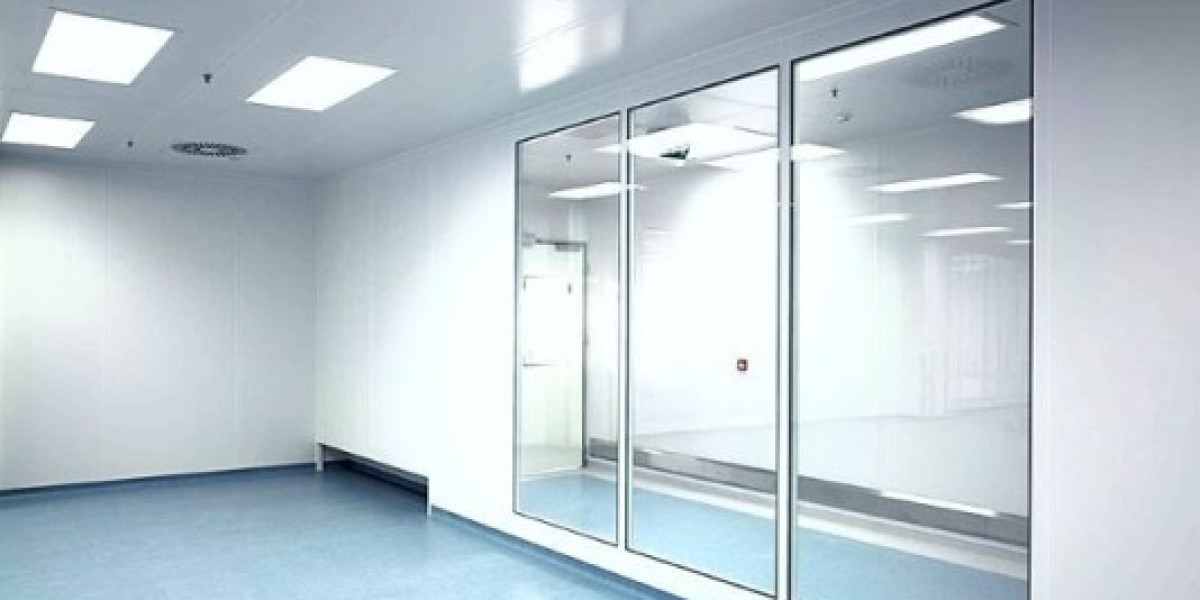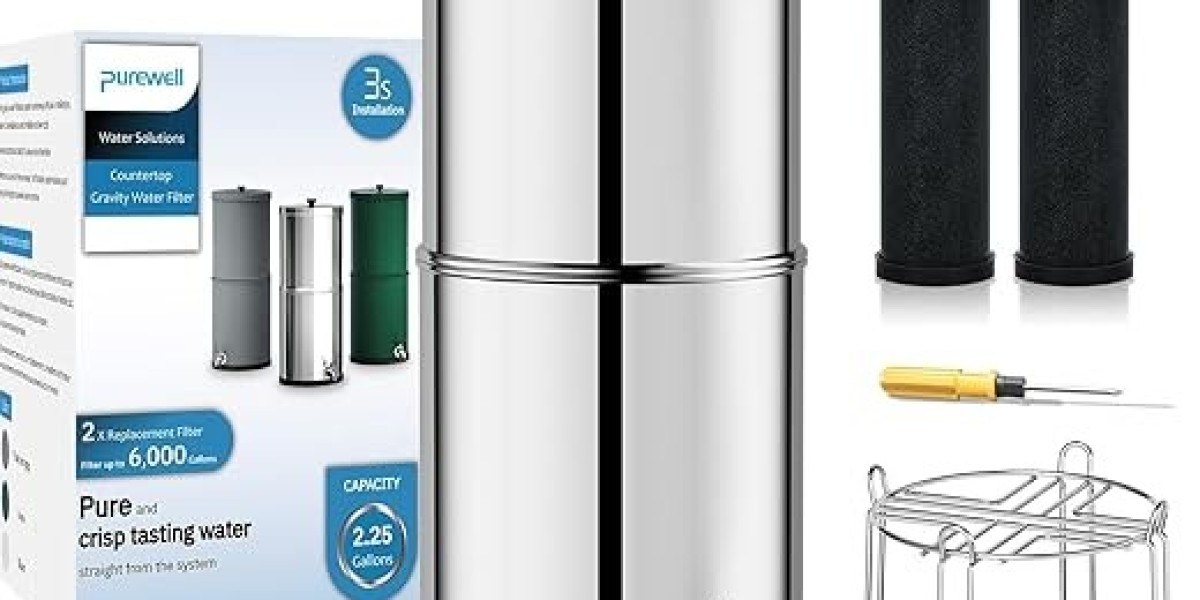In today’s fast-evolving industrial and technological landscape, precision, safety, and hygiene are more critical than ever. Nowhere is this more apparent than in industries such as pharmaceuticals, electronics, biotechnology, and food processing, where even microscopic contaminants can compromise product quality, safety, and compliance. As Vietnam emerges as a regional manufacturing powerhouse, the demand for advanced cleanroom solutions is surging — and modular cleanroom systems are increasingly becoming the standard.
What Are Modular Cleanroom Systems?
A cleanroom is a controlled environment designed to minimize the presence of airborne particles, pollutants, and other contaminants. Traditionally, these rooms were constructed as part of a building’s fixed architecture, often leading to high costs and inflexible layouts. Modular cleanrooms offer a modern alternative — prefabricated components assembled on-site, which allows greater flexibility, quicker installation, and scalability.
Modular cleanroom systems are built using prefabricated panels, advanced HVAC systems, HEPA filters, and smart monitoring systems. These rooms can meet varying cleanroom classifications — from ISO Class 8 (least strict) to ISO Class 1 (most stringent) — based on the required application.
Why Vietnam?
Vietnam has rapidly grown into a key player in global manufacturing, with strong investments in electronics, pharmaceuticals, semiconductors, and medical devices. Major corporations are establishing factories in regions like Ho Chi Minh City, Hanoi, and Da Nang. This industrial boom is driving the need for sophisticated infrastructure, and cleanroom systems are central to ensuring product integrity and regulatory compliance.
Government policies that promote foreign investment, a growing skilled labor force, and cost-effective operations make Vietnam an attractive location for companies seeking cleanroom solutions. In this context, modular systems are particularly appealing due to their flexibility and rapid deployment capabilities — crucial for meeting fast-paced production timelines.
Benefits of Modular Cleanroom Systems
- Scalability and Flexibility
- Modular cleanrooms can be easily expanded, reconfigured, or relocated without significant structural changes. For rapidly growing businesses or those entering new markets, this adaptability is a significant advantage.
- Cost-Effectiveness
- Compared to traditional cleanroom construction, modular systems reduce construction time, labor costs, and material waste. Their prefabricated nature minimizes on-site disruptions and enables faster time-to-market for new production lines.
- Compliance with International Standards
- Modular cleanrooms used in Vietnam often comply with global standards such as ISO 14644-1, GMP (Good Manufacturing Practices), and FDA guidelines. Local cleanroom providers and international partners offer systems designed to pass audits and inspections, ensuring product safety and regulatory approval.
- Energy Efficiency and Sustainability
- Modern modular cleanroom systems in Vietnam are being designed with energy-efficient HVAC systems and sustainable materials. This not only reduces operating costs but also helps companies meet environmental goals.
- Technological Integration
- Cleanroom systems in Vietnam increasingly incorporate Industry 4.0 features such as real-time monitoring, automated airflow control, and predictive maintenance tools. This ensures that performance stays within strict parameters and reduces downtime.
Key Sectors Driving Demand in Vietnam
- Pharmaceuticals and Biotechnology: With Vietnam's increasing focus on domestic drug manufacturing and global exports, cleanrooms are crucial for GMP-certified production facilities.
- Electronics and Semiconductors: Companies such as Samsung, Intel, and LG have significant operations in Vietnam, requiring ultra-clean environments for microchip and display manufacturing.
- Medical Devices: The post-COVID-19 era has emphasized the importance of localized production of medical equipment, with modular cleanrooms ensuring safe and sterile manufacturing.
- Food and Beverage: As Vietnam continues to export processed foods and nutritional supplements, cleanrooms help meet stringent hygiene and quality standards.
Local and International Providers
Vietnam is home to a growing number of companies specializing in modular cleanroom systems. These firms often collaborate with international technology partners to bring advanced solutions to the local market. Some offer turnkey services, including design, engineering, installation, validation, and maintenance, which reduces complexity for manufacturers.
Major industrial parks and free trade zones across Vietnam are also beginning to integrate cleanroom-ready facilities, further streamlining the setup process for new tenants.
The Future Outlook
With Vietnam’s continued ascent as a global manufacturing center, the demand for cleanroom technology will only grow. Modular cleanroom systems offer a strategic solution for companies seeking speed, quality, and compliance without sacrificing flexibility. As sustainability and smart manufacturing gain prominence, these systems will play an even more vital role in the country’s industrial infrastructure.
In summary, the rise of modular cleanroom systems in Vietnam reflects broader trends in manufacturing modernization, international collaboration, and technological advancement. For businesses operating in high-precision sectors, investing in modular cleanrooms isn't just a logistical choice — it's a competitive advantage.








